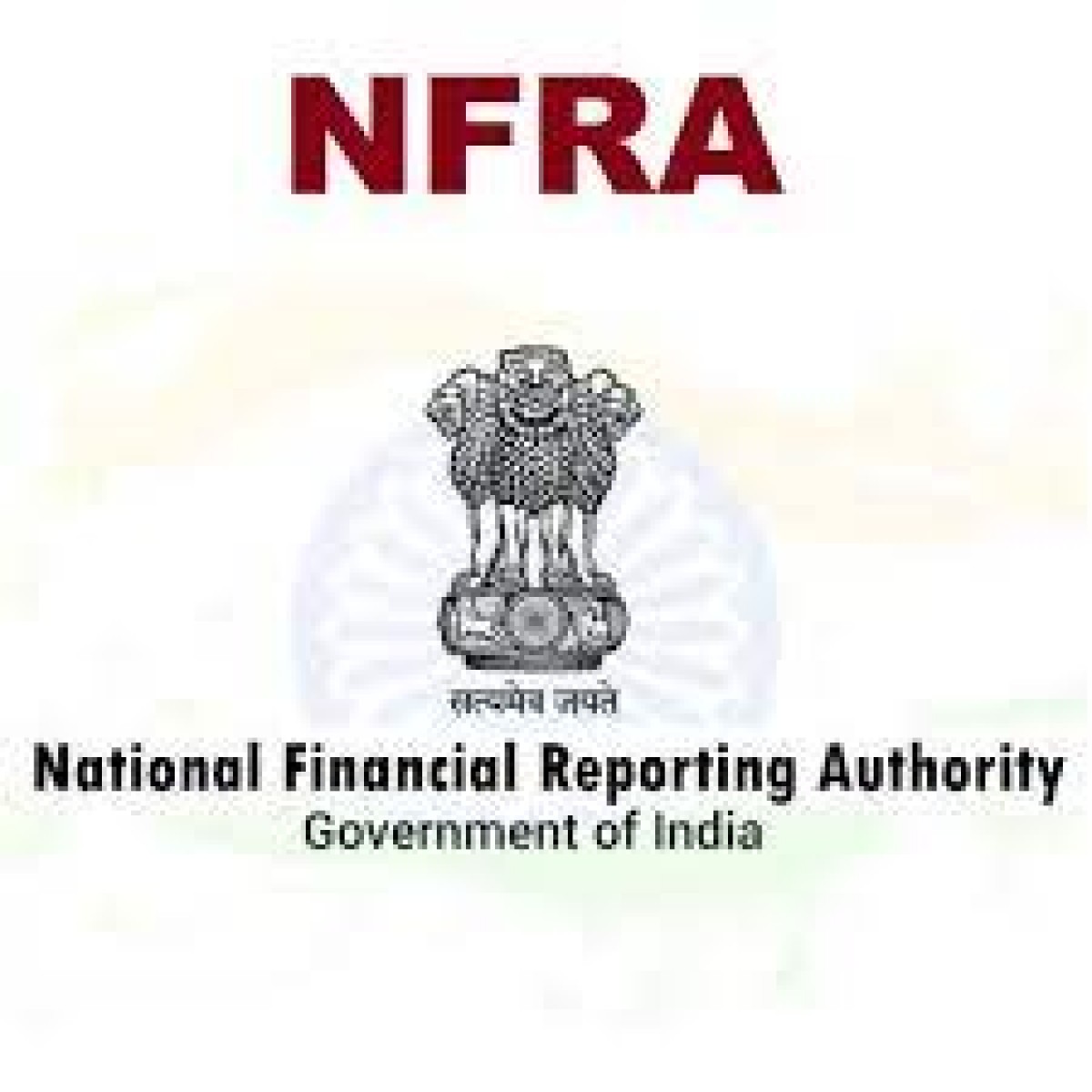Whether the constitution of NFRA is constitutionally valid?
First and foremost if we take a look at the Purpose of constitution of National Financial regulatry Authority,
Section 132(1) states that The Central Government may, by notification, constitute a NFRA to provide for matters relating to auditing standards & accounting standards under this Act. Further functions of NFRA are defined 132(2) of the Companies Act, 2013 (“the Act”), which are as given below:
- Make recommendations to the Central Government on the formulation and laying down of auditing policies & standards along with accounting standard for adoption by companies or class of companies or their auditors, as the case may be;
- enforce the compliance & Monitor with AS & Auditing standards in such manner as may be specified;
- oversee the quality of service of the professions associated with ensuring compliance with such standards, and suggest measures required for improvement in quality of service and such other related matters as may be prescribed; and
- Perform such other functions relating to clauses (a), (b) and (c) as may be prescribed.
According to Section 139 of the company Act requires every company to appoint an statutory auditor to carry out audit of the FS of the Company.
- It is well seen from above that NFRA does not have power to recommend as to for which class of companies Audit should be mandatory and for which class it should be exempted.
- It is not within the scope of NFRA to recommend such exemption and issue consultation paper.
- NFRA may recommend measures to improve audit services but cannot eliminate the service itself.
- So NFRA has exceeded it powers by making this consultation paper.
- PARAGRAPH 2.1 of the Consultation paper suggests that NFRA understands Section 132(2)(a) of a Companies Act,2013 requires NFRA to make recommendation to Central Government on formulation and laying down auditing policies, standards & Accounting standards for adoption by companies or class of companies or their auditors.
- But all the above powers comes with a limitation and are not absolute.
- MCA vide its notification dated 13.11.2018 notified NFRA Rules 2018 and in such rules specified class of companies and body corporate has been notified which are governed by the authority.
- Rule 3 of NFRA Rules, 2018 read along with Amended NFRA Rule 2019 does not prescribe such class of companies for which NFRA has put forward its Consultation and wants to make recommendation on the same.
Legality of Centre’s NFRA questioned in Madras HC, The constitutional validity of the Centre’s proposed NFRA which will replace the ICAI wield penal and civil power over the practising CAs has been challenged in Madras high court. as per TOI
NFRA is Unconstitutional, says ICAI Chief - the ICAI President Mr. Naveen N D Gupta told to Medias that the new regulatory for auditors, i.e, NFRA is not legally valid, TOI. ICAI chief reportedly said that the National Financial regulatory Authority is not in line with the suggested & current regulations that the task should be left to the self-regulating body.
Keeping in view the contentions placed before your good self we request, not to impose such exemption requirement on statutory audit and auditing standards for such MSMCs are not coming in preview of NAFRA and withdraw such consultation paper.






